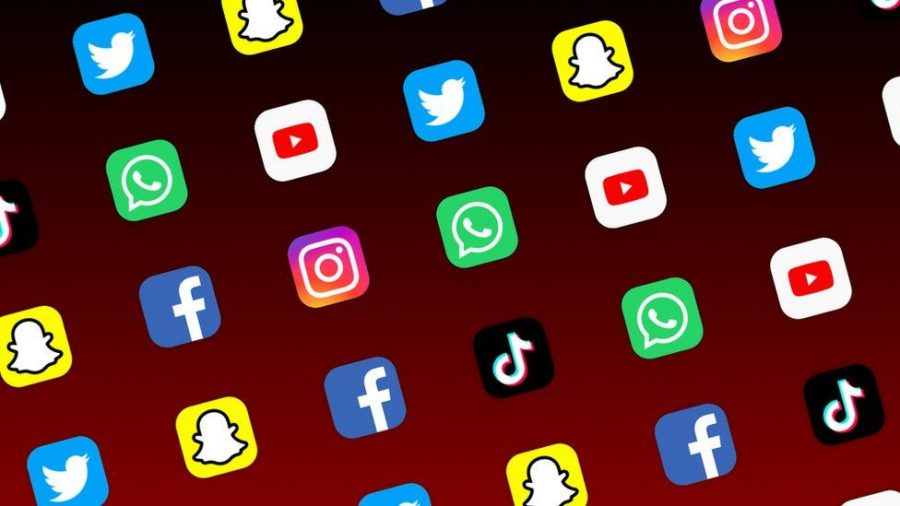Be aware of what you post on social media
Social media has the ability to give people power. Platforms like Twitter, Instagram, Facebook, etc., have been a place to spread information quickly to followers. From political ideas to dancing routines, social media has woven its way into our everyday lives.
Consequently, we have seen the influence of social media platforms taking over our society, with the first social site being Six Degrees in 1997 followed by Facebook in 2004, and YouTube in 2005. The rising popularity of social platforms in the early 2000s eventually led to people like Felix Kjellberg, also known as PewDiePie, becoming one of the most well-known YouTubers in 2020 with over 107 million subscribers. Users of social media can become famous and wealthy, through ads they post on the media and companies paying users for sponsorships to the people with the most fame.
For some, the goal of social media platforms can be seen as… how much fame and popularity one can attain through what they post. However, the true power of social media isn’t based on how much fame one can attain, but rather how well a platform (and a person) can be influential with users, being able to speak their minds in a free environment.
The power to be able to exercise free speech on social media platforms like Twitter, Facebook, can be uplifting to many users. Users of social media can post their opinions on relevant topics and stay up to date with what’s going on in the world. Nevertheless, excessive posting on social media comes with its consequences as whatever you post on social media will stay on social media.
Young people especially are no exception to this as college admission officers can look for students in social media to better determine the acceptance of potential students to that specific college. In addition to this, media platforms ban users all the time due to inexcusable postings like hate speeches, and misinformation. We’ve seen many times when people lost jobs over social media postings, further proving that posts on social media are not a place to post “whatever”. While this questions the limitations set on freedom of speech, it has already been stated that the first amendment does not apply to private companies like Twitter or Facebook, especially when users have to accept the terms and conditions when making an account.
Although posting about how users feel and communicating with friends online is the reason for social media, there is no harm in posting every so often. However, posting nearly every day can be seen as excessive and unnecessary, particularly if what users are posting is misleading toward a relevant topic. Not to mention many posts can be easily tampered with and posted somewhere else as a meme toward audiences. What’s there to say that much of news-related posts aren’t already tampered with to spread false information.
Sadly, social media is also where some people get their information, with around 68% of American adults getting their news from social media. However, this can lead to Americans having a one-sided view of information and/or not willing to attain all the facts to relevant news. It also leads to an unhealthy conversation of a difference of opinions, with the ability to surround yourself with those who you agree with and easily criticize those who you don’t, all behind a computer screen.
The true power of social media isn’t about how much fame and popularity a user can achieve by what they post, the true power of social media is how a single user can affect the minds of others, which is now leading to how it has impacted a fundamental value of America. Whether this is through controversial posts or informative posts; too much social media can have negative effects on our mental health. Although there is nothing wrong with checking up on your friends via social media, maybe it’s best to put the screen down for once and enjoy the world around you rather than that new post everyone is talking about.
—-
If there are issues with this article, report it here.

